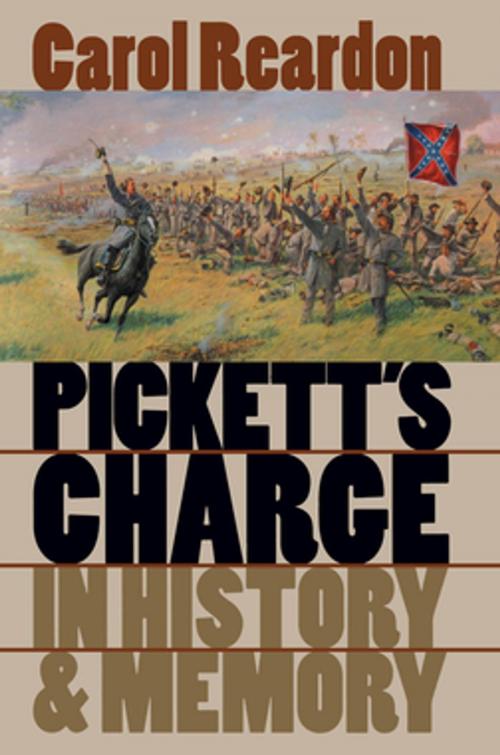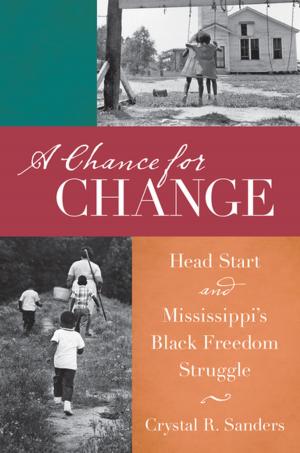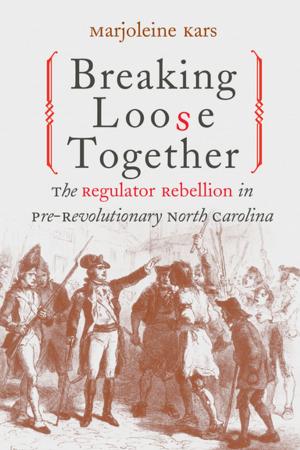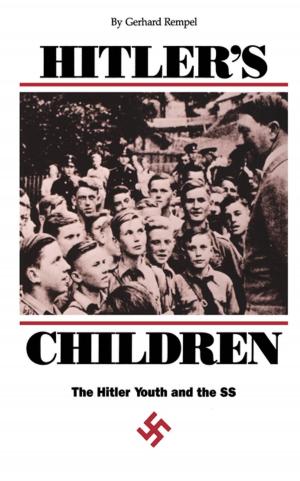Pickett's Charge in History and Memory
Nonfiction, History, Americas, United States, Civil War Period (1850-1877), Military| Author: | Carol Reardon | ISBN: | 9780807873540 |
| Publisher: | The University of North Carolina Press | Publication: | January 1, 2012 |
| Imprint: | The University of North Carolina Press | Language: | English |
| Author: | Carol Reardon |
| ISBN: | 9780807873540 |
| Publisher: | The University of North Carolina Press |
| Publication: | January 1, 2012 |
| Imprint: | The University of North Carolina Press |
| Language: | English |
If, as many have argued, the Civil War is the most crucial moment in our national life and Gettysburg its turning point, then the climax of the climax, the central moment of our history, must be Pickett's Charge. But as Carol Reardon notes, the Civil War saw many other daring assaults and stout defenses. Why, then, is it Pickett's Charge at Gettysburg--and not, for example, Richardson's Charge at Antietam or Humphreys's Assault at Fredericksburg--that looms so large in the popular imagination?
As this innovative study reveals, by examining the events of 3 July 1863 through the selective and evocative lens of 'memory' we can learn much about why Pickett's Charge endures so strongly in the American imagination. Over the years, soldiers, journalists, veterans, politicians, orators, artists, poets, and educators, Northerners and Southerners alike, shaped, revised, and even sacrificed the 'history' of the charge to create 'memories' that met ever-shifting needs and deeply felt values. Reardon shows that the story told today of Pickett's Charge is really an amalgam of history and memory. The evolution of that mix, she concludes, tells us much about how we come to understand our nation's past.
If, as many have argued, the Civil War is the most crucial moment in our national life and Gettysburg its turning point, then the climax of the climax, the central moment of our history, must be Pickett's Charge. But as Carol Reardon notes, the Civil War saw many other daring assaults and stout defenses. Why, then, is it Pickett's Charge at Gettysburg--and not, for example, Richardson's Charge at Antietam or Humphreys's Assault at Fredericksburg--that looms so large in the popular imagination?
As this innovative study reveals, by examining the events of 3 July 1863 through the selective and evocative lens of 'memory' we can learn much about why Pickett's Charge endures so strongly in the American imagination. Over the years, soldiers, journalists, veterans, politicians, orators, artists, poets, and educators, Northerners and Southerners alike, shaped, revised, and even sacrificed the 'history' of the charge to create 'memories' that met ever-shifting needs and deeply felt values. Reardon shows that the story told today of Pickett's Charge is really an amalgam of history and memory. The evolution of that mix, she concludes, tells us much about how we come to understand our nation's past.















